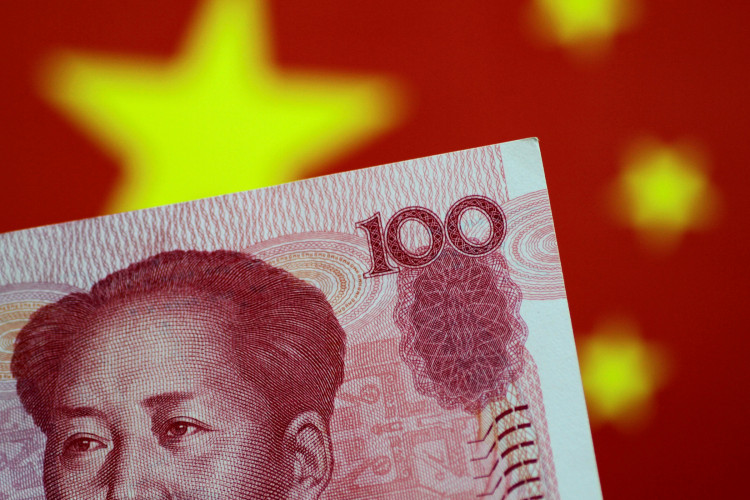In an effort to assure international financiers about China's openness to foreign investment, the nation's top financial authorities addressed a prominent forum in Shanghai on Thursday. This comes amid mounting apprehension among global firms about the perceived decline in China's receptiveness.
China, the world's second-largest economy, has been on a mission to attract foreign investment to bolster its recovery after enduring three years of COVID-19 constraints. Prominent international CEOs such as David Solomon of Goldman Sachs Group and Elon Musk of Tesla have visited the nation recently.
However, skepticism is rife as China-U.S. relations grow tense over issues from the South China Sea and Ukraine to data security and U.S. restrictions on semiconductor exports. Further, President Xi Jinping's national security emphasis has led to a recent clampdown on foreign consultancy and due diligence firms.
Li Yunze, chief of China's newly instituted National Financial Regulatory Administration, asserted in his maiden public address, "We warmly welcome foreign-funded institutions with sound operations and excellent qualifications to expand their business in China." He further underscored China's commitment to openness, stating, "Opening up is China's long-term national policy, and the door of China's financial industry will only be opened wider and wider."
Li was addressing the Lujiazui Forum, an annual event featuring senior representatives from global financial institutions like HSBC, Credit Agricole, Merrill Lynch, Mizuho Financial, Schroders, and Paypal.
Li, along with other Chinese financial regulators, has been fervently advocating the openness of China's markets, a point he reiterated to Citigroup CEO Jane Fraser earlier this week in Beijing.
Yi Huiman, the chairman of the China Securities Regulatory Commission, assured the forum attendees of China's commitment to deregulation regarding market access, institution qualifications, and products.
Nevertheless, the lack of tangible policy changes supporting these assurances has led to frustration among staff at foreign commerce chambers and trade associations in China, often termed as "promise fatigue."
Reiterating the openness rhetoric, Xi Jinping encouraged local officials in China's northern Inner Mongolia region to engage in "mutual benefits" collaborations with the global community. He pointed out the region's strategic location adjacent to Russia and Mongolia, urging officials to strengthen domestic and international connections under the "dual circulation" strategy.
This strategy, proposed by Xi in 2020, focuses on an "internal circulation" model, wherein domestic production, distribution, and consumption play a pivotal role, supplemented by "external circulation," encompassing foreign investment and China's global economic interactions.
In Shanghai, Yi assured, "We will make all the efforts to give investors access to truthful and transparent listed companies (in China)." However, he emphasized that China's industries should ultimately be self-reliant in terms of scientific and technological capabilities.





